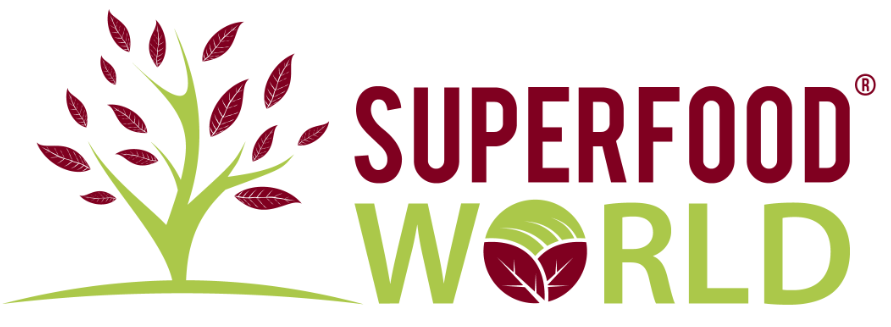
If you haven’t heard of it already, organic Spirulina is an increasingly popular ‘superfood’ made from a blue-green alga.
Both the United Nations and the World Health Organisation have noted its potential as a ‘food for the future’.
This is thanks to its incredibly high protein and nutritional content, and its versatility as an ingredient.
Numerous studies over the years have reinforced this. 
In the last 5 years Spirulina has become increasingly popular with people interested in their health and wellbeing, vegetarians, vegans.
Many organisations are also researching its viability as a food staple.
Spirulina is grown across the world in countries including Spain, India, Japan, Taiwan, China, Vietnam, Thailand, Hawaii, Cuba, Chile, Argentina, Mexico, and the United States.
Your health shouldn’t be a matter of cost
As the market for Spirulina grows, more and more suppliers from around the globe will emerge, offering ‘too good to be true’ deals on Spirulina.
But be warned!
As with any aspect of your health, the price is only part of the question.
You should be more concerned with the quality and safety of the products you are buying.
There are risks to consuming Spirulina, or any similar cyanobacteria, which are largely because they are grown in water.
Being grown in water means that Spirulina is susceptible to absorbing toxins and harmful heavy metals.
This is entirely avoidable if Spirulina is grown in carefully controlled organic-certified conditions.
Contamination Risks for Non-Organic Spirulina
Microcystins
One of the least talked about dangers of non-organic Spirulina is from microcystins, a type of toxin that is released when some cyanobacteria (like Spirulina) die.
Microcystins can be toxic to the liver, and additionally can irritate the skin, throat and eyes.
Contaminated cyanobacteria is reported to have caused a number of symptoms including nausea, vomiting, fatigue and liver damage.
But this risk is easily mitigated by ensuring the right types of Spirulina are grown under the right conditions.
Heavy Metal Contamination
Contamination with heavy metals, such as Mercury or Lead, is another risk associated with Spirulina that again can be completely mitigated through proper organic farming practices.
A 1986 study found alarmingly high levels of heavy metal toxicity in some Spirulina samples but more recent studies have shown that conscientious organic manufacturers are taking this risk very seriously.
Avoiding the Risk of Contaminated Spirulina
The easiest way to mitigate the risk of buying contaminated Spirulina is to buy from a reputable, organic-certified supplier.
This means their process all the way from the farm to you the customer will have been certified by an independent authority.
It ensures they must be regularly tested and inspected to ensure they constantly meet those conditions.
Superfood-World’s Spirulina is certified by OF&G, the UK’s most established independent body.
OF&G is approved by the UK government to certify organic farmers and food producers.
Organic Certification is OF&G’s primary certification scheme, based on the European Organic Regulation (EC 834/2007), which sets the standard all organic manufacturers in Europe must adhere to.
You can find out more about the full details of their Organic Certification on their website here.
By working with the OF&G, we can ensure that our products always meet European Organic standards, which are among the strictest in the world.
Our Spirulina is tested for heavy metals, microcystin contamination and grown completely organically without artificial chemical or additives.


Send product detais